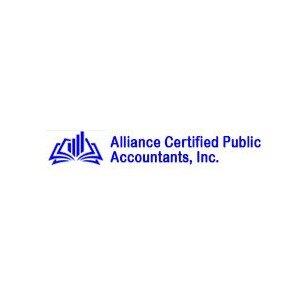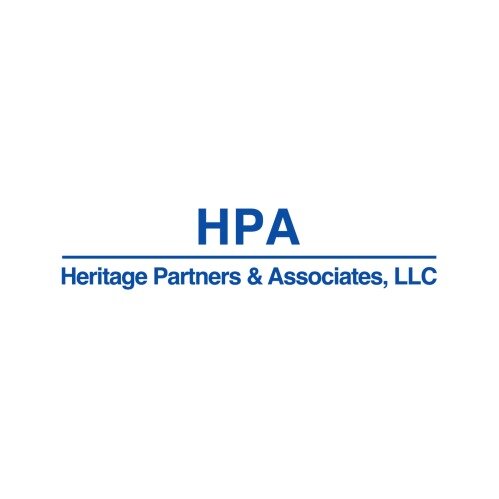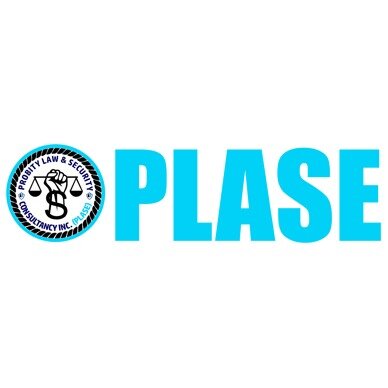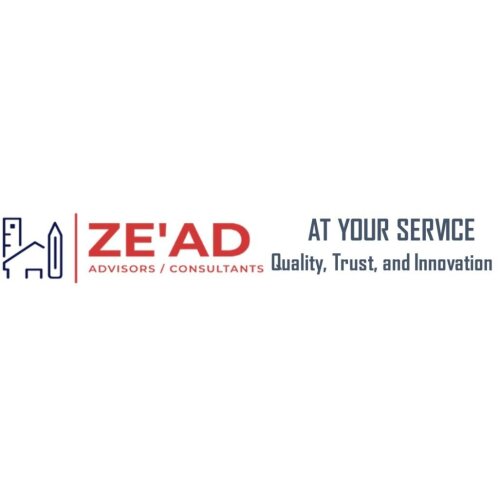Best Project Finance Lawyers in Monrovia
Share your needs with us, get contacted by law firms.
Free. Takes 2 min.
List of the best lawyers in Monrovia, Liberia

Alliance Certified Public Accountants, Inc. (Alliance CPAs, Inc.)
15 minutes Free ConsultationAbout Project Finance Law in Monrovia, Liberia
Project finance is a specialized area of law focused on the funding, development, and management of large infrastructure or industrial projects. In Monrovia, Liberia, project finance plays a crucial role in supporting the country’s growth, especially in sectors such as energy, mining, transportation, telecommunications, and construction. The legal landscape for project finance in Monrovia combines both international standards and local regulations to structure complex financial arrangements that enable project development with calculated risk allocation.
Generally, project finance in Monrovia involves the creation of a legally independent project company, often structured as a Special Purpose Vehicle (SPV), which secures its own financing. Lenders typically rely on the project’s assets, revenues, or rights for security, rather than the balance sheets of the project sponsors. Legal counsel ensures that all legal, financial, and regulatory aspects are addressed to ensure successful implementation and operation.
Why You May Need a Lawyer
Navigating project finance in Monrovia can be complex due to a combination of legal, regulatory, and practical challenges. Here are common situations where legal assistance is highly valuable:
- Drafting and negotiating project contracts, including loan agreements, concession agreements, EPC (Engineering, Procurement, and Construction) contracts, and service agreements.
- Structuring financing arrangements and ensuring compliance with both local laws and international standards.
- Securing government licenses, permits, and performing due diligence to assess land rights, environmental regulations, and taxation issues.
- Advising on risk allocation between sponsors, lenders, contractors, and government entities.
- Resolving disputes or claims arising during project implementation or operation.
- Protecting investments and managing regulatory compliance at each stage of the project’s lifecycle.
With the involvement of multiple stakeholders and significant financial commitments, having a legal expert can help avoid pitfalls and ensure the project’s sustainability and profitability.
Local Laws Overview
Liberia’s legal framework for project finance is shaped by a mix of national statutes, sector-specific regulations, contract law principles, and international agreements. Key aspects of local laws relevant to project finance in Monrovia include:
- Companies Act - Governs the formation and operation of business entities, including SPVs commonly used in project finance.
- Investment Act of 2010 - Incentivizes and protects foreign and local investments, defining allowed sectors, repatriation of profits, and dispute resolution mechanisms.
- Concessions Law - Regulates the process for acquiring government concessions, especially for natural resource and infrastructure projects.
- Land Rights Act - Addresses land acquisition, ownership, transfers, and due diligence procedures for projects involving land use.
- Central Bank Regulations - Outlines procedures for foreign exchange, repatriation, and capital inflows or outflows.
- Environmental Protection and Compliance - Mandates compliance with environmental standards and requires Environmental Impact Assessments (EIA) for major projects.
- Public Procurement Laws - Apply to projects that involve public funds or contracts with government entities.
Legal advice ensures compliance with these requirements and smooth progression of your project from inception to completion.
Frequently Asked Questions
What is project finance in the context of Monrovia, Liberia?
Project finance refers to the method of funding large-scale infrastructure, industrial, or energy projects where the lenders depend primarily on the project's cash flows and assets for repayment, rather than the sponsors’ general creditworthiness.
How is a project typically structured for financing in Monrovia?
Projects are usually structured through a Special Purpose Vehicle (SPV), a separate legal entity that owns the project assets and secures the necessary financing, contracts, and permits.
Do foreign investors have any restrictions when investing in projects in Liberia?
While Liberia encourages foreign investment, certain sectors may have restrictions or require government approval. The Investment Act of 2010 outlines the incentives and legal protections available for investors.
What types of security are commonly used for project finance transactions?
Common forms of security include charges over project assets, assignment of project contracts and receivables, land mortgages, and bank guarantees or insurance policies.
Is it necessary to conduct due diligence before financing a project?
Yes, comprehensive due diligence is critical. It covers legal, financial, technical, environmental, and social aspects of the project to identify risks and ensure compliance.
What licenses or permits are required to develop a project in Monrovia?
Requirements vary by sector but often include investment permits, environmental clearances, land use approvals, sector-specific licenses, and sometimes government concessions for natural resources or public infrastructure.
What taxes apply to project finance transactions or structures?
Projects are subject to corporate taxes, income taxes, withholding taxes, stamp duties, and sometimes sector-specific levies. Certain benefits or exemptions may apply under investment incentive regimes.
How are disputes in project finance typically resolved in Liberia?
Disputes may be resolved through negotiation, mediation, local courts, or international arbitration. Many project contracts stipulate arbitration as the preferred method, often under international rules.
What are the key risks in project finance that need legal oversight?
Major risks include regulatory changes, land acquisition challenges, environmental compliance issues, revenue uncertainties, and contractual disputes among stakeholders.
How can I find an experienced project finance lawyer in Monrovia, Liberia?
Reputable law firms in Monrovia offer project finance services. Seek referrals from business associations or check the Liberian National Bar Association for licensed practitioners with experience in project finance and infrastructure projects.
Additional Resources
For further guidance or support on project finance in Monrovia, consider contacting or consulting the following resources:
- Liberian National Bar Association
- Ministry of Finance and Development Planning
- Ministry of Justice
- National Investment Commission (NIC)
- Liberia Business Registry
- Central Bank of Liberia
- Environmental Protection Agency of Liberia
- Chambers of Commerce and sector-specific business associations
- Development finance institutions active in Liberia
- International law and consultancy firms with local presence
These organizations can provide legal information, regulatory updates, sector-specific guidelines, and referral services for legal professionals.
Next Steps
If you are considering a project finance transaction or encounter legal questions related to project development in Monrovia, Liberia, the following steps are recommended:
- Identify the scope and sector of your project to understand applicable laws and regulatory requirements.
- Gather all relevant documentation regarding project plans, contracts, permits, and investment details.
- Consult with an experienced project finance lawyer who understands both international norms and Liberian law to evaluate your options and risks.
- Engage legal experts early in the process to assist with structuring, negotiation, and compliance tasks.
- Maintain open communication with governmental agencies and regulatory bodies to ensure timely approvals and compliance.
Early legal guidance can help navigate complexities, protect your interests, and set your project on the path to success in Monrovia, Liberia.
Lawzana helps you find the best lawyers and law firms in Monrovia through a curated and pre-screened list of qualified legal professionals. Our platform offers rankings and detailed profiles of attorneys and law firms, allowing you to compare based on practice areas, including Project Finance, experience, and client feedback.
Each profile includes a description of the firm's areas of practice, client reviews, team members and partners, year of establishment, spoken languages, office locations, contact information, social media presence, and any published articles or resources. Most firms on our platform speak English and are experienced in both local and international legal matters.
Get a quote from top-rated law firms in Monrovia, Liberia — quickly, securely, and without unnecessary hassle.
Disclaimer:
The information provided on this page is for general informational purposes only and does not constitute legal advice. While we strive to ensure the accuracy and relevance of the content, legal information may change over time, and interpretations of the law can vary. You should always consult with a qualified legal professional for advice specific to your situation.
We disclaim all liability for actions taken or not taken based on the content of this page. If you believe any information is incorrect or outdated, please contact us, and we will review and update it where appropriate.










